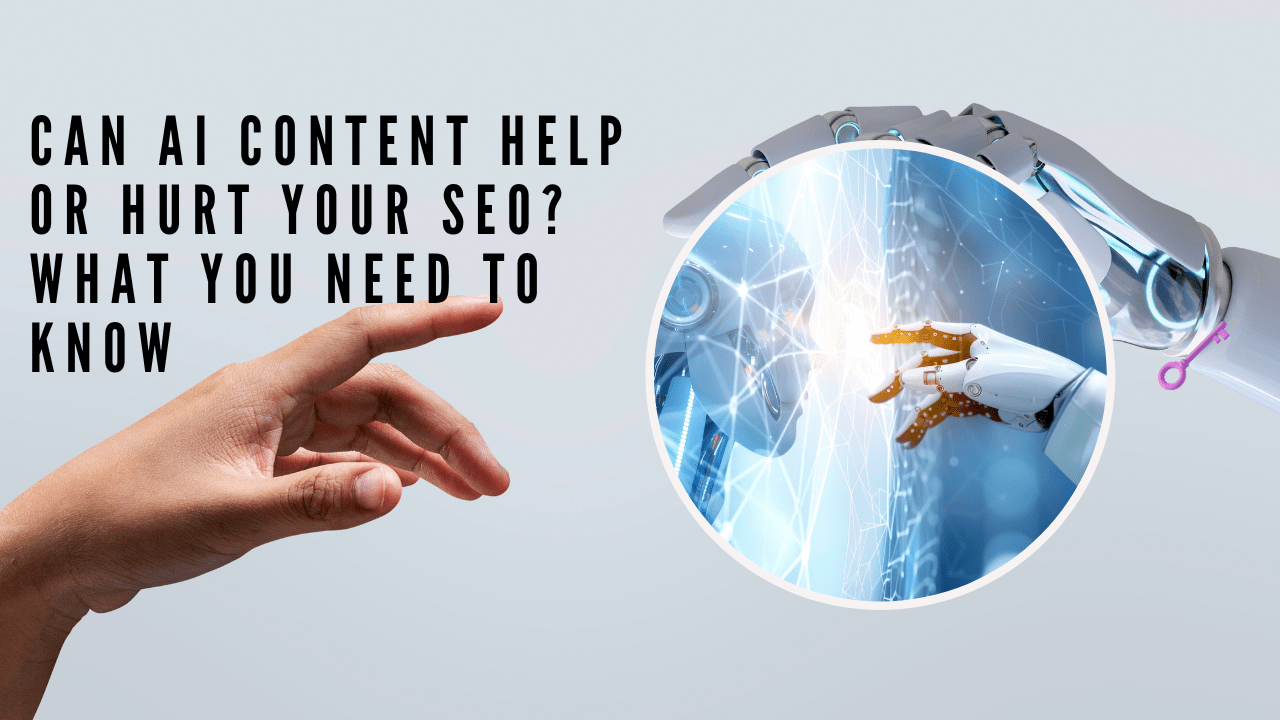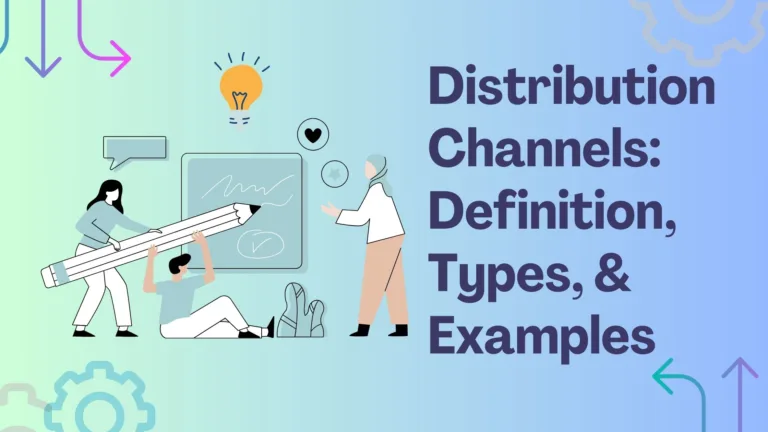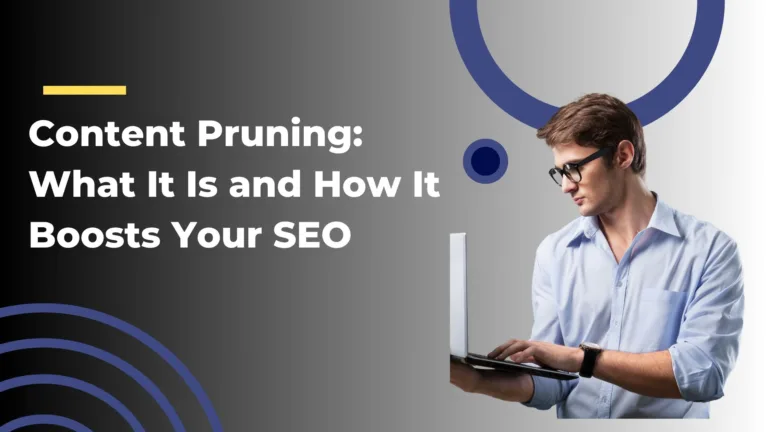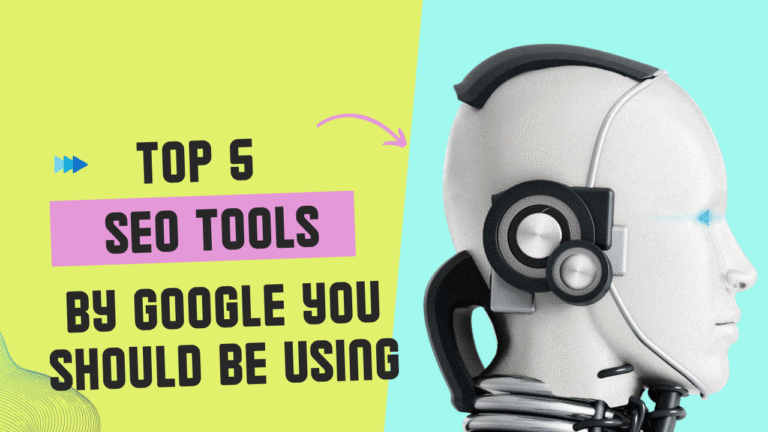In recent years, artificial intelligence has taken a front seat in digital marketing — especially when it comes to content creation. With AI tools generating blogs, emails, and even social posts in minutes, many businesses have started leaning heavily on them. But the real question remains: Does AI-generated content actually help or hurt your SEO?
Let’s take a closer look at how AI affects your site’s visibility, what Google has to say about it, and how to use AI content effectively without risking your rankings.
The Rise of AI in Content Marketing
Table of Contents
ToggleAI in content marketing isn’t a futuristic trend anymore — it’s a reality. Tools like Jasper, ChatGPT, Copy.ai, and others can now produce thousands of words in a matter of minutes. For businesses under pressure to publish frequently, this is a huge advantage.
Here’s how AI writing tools help in marketing:
- Generate content quickly for blogs, product pages, or FAQs
- Offer keyword suggestions and topic ideas
- Assist in structuring content for better readability
- Suggest tone adjustments or rewrite sentences instantly
This is where AI content and SEO start to overlap — but also where the challenges begin.
The SEO Benefits of AI-Generated Content
When used properly, AI-generated content can support your SEO efforts in several ways:
✅ Faster Turnaround Time
AI helps you scale your content output. This means you can publish consistently, which is a known factor in improving domain authority and rankings.
✅ Supports SEO Optimization
Many AI writing tools for SEO come with built-in features that handle keyword integration, meta tags, content structure, and readability — all of which help meet basic on-page SEO requirements.
✅ Good for Content Refreshing
If you’re updating old posts or repurposing content, an AI content generator can help speed up the rewriting process — especially when you already have the core ideas.
✅ Boosts Idea Generation
AI can help you explore content angles, suggest FAQs, and even pull data-based suggestions that can support your SEO content plan.
But while these benefits are attractive, they don’t come without risks.
Where AI Content Can Hurt Your SEO
Google has become much smarter in detecting content that lacks depth, originality, or intent. Here’s how AI affects SEO negatively when used without care:
⚠️ Low-Quality or Generic Writing
AI tools often generate text that feels generic. If your blog post doesn’t provide original value or clear insights, it may fail to rank.
⚠️ Inaccuracy or Outdated Info
AI tools don’t always access real-time data. If you rely solely on their output, your content may include outdated or even incorrect information.
⚠️ Fails Google’s Helpful Content Update
The Helpful Content Update emphasizes content that is useful, informative, and people-first. AI-written content that is created only for search engines (not real users) may fall short.
⚠️ No Expertise or Firsthand Insight
Google values E-E-A-T: Experience, Expertise, Authoritativeness, and Trust. AI can’t demonstrate lived experience — which makes it harder to build authority or trust through content alone.
What Google Says About AI-Generated Content
Let’s be clear: Google does not ban AI-generated content.
However, it has been very specific about this — content must be helpful, high-quality, and created for humans, regardless of who or what created it. So whether you use AI or not, the end result must provide value.
This is why it’s essential to:
- Edit AI-generated content thoroughly
- Add human insights or real-world examples
- Ensure the content meets the intent of the searcher
And before you hit publish, always check AI-generated content using an AI content detector. These tools help you review whether your content sounds overly mechanical or predictable, which can hurt both user experience and trust.
Human vs. AI Content: What Works Better for SEO?
When it comes to SEO-focused content, the writer matters — and often, humans do it better. Content like news articles, how-to guides, and opinion pieces require real-life experience, judgment, and a personal touch. These types of content perform best when written by someone who understands the topic deeply and can connect with the reader.
That said, AI does have its place. It’s great for generating quick drafts, product descriptions, and FAQs — especially when those drafts are edited and refined by a human. AI can save time, but it can’t replace human creativity or credibility.
The best SEO strategy isn’t choosing between human or AI content — it’s knowing how to use both. Let AI speed up the process, and rely on human insight to add depth, clarity, and value that truly engages both users and search engines.
How to Use AI Content Safely Without Hurting SEO
If you’re planning to use AI tools for your content strategy, here’s a checklist to follow:
✅ Use AI for Drafting, Not Publishing
Treat AI output as a starting point. Edit, fact-check, and improve it before publishing.
✅ Always Use an AI Content Checker
Run your draft through tools like Originality.ai, Copyleaks, or Writer.com. These AI content checkers can tell you how much of your content appears machine-generated.
✅ Add Real Examples and Data
Insert human touches: case studies, examples, screenshots, quotes, or statistics. Google loves detailed, trustworthy content.
✅ Optimize for Real User Intent
Rather than just targeting keywords, focus on what your audience is really looking for. This aligns well with SEO best practices 2025, where search intent and content quality matter most.
✅ Keep Up with Algorithm Updates
Google regularly rolls out new changes. Follow official SEO blogs or updates to make sure you don’t fall behind due to a major algorithm update.
What to Expect from SEO in 2025 and Where AI Fits In
Looking ahead, here’s how SEO is evolving — and how AI content can fit in if used correctly:
- Authenticity is king: The more helpful and real your content feels, the better it will perform.
- Semantic SEO: AI tools can help build topic clusters, internal linking, and structure — but humans must guide the strategy.
- Content refresh is critical: AI can help reoptimize older posts, which Google values more than constantly creating new pages.
- Zero-click searches are growing: AI can help you write concise answers and featured snippets — but only if they’re factually correct.
AI isn’t replacing SEO writing — it’s becoming a tool that smart marketers use to streamline the process.
Conclusion: Can AI Content Help or Hurt Your SEO?
Yes — it can do both.
Used carelessly, AI-generated content can damage your rankings, especially if it’s low-value or created only to trick algorithms. But when used thoughtfully — as a support tool, not a replacement — AI can actually boost your SEO game.
So here’s the bottom line:
- Use AI for speed and ideas
- Use humans for experience, value, and trust
- Follow SEO best practices
- Check AI-generated content before hitting publish
The winning strategy in 2025 is one that combines AI efficiency with human authenticity.




